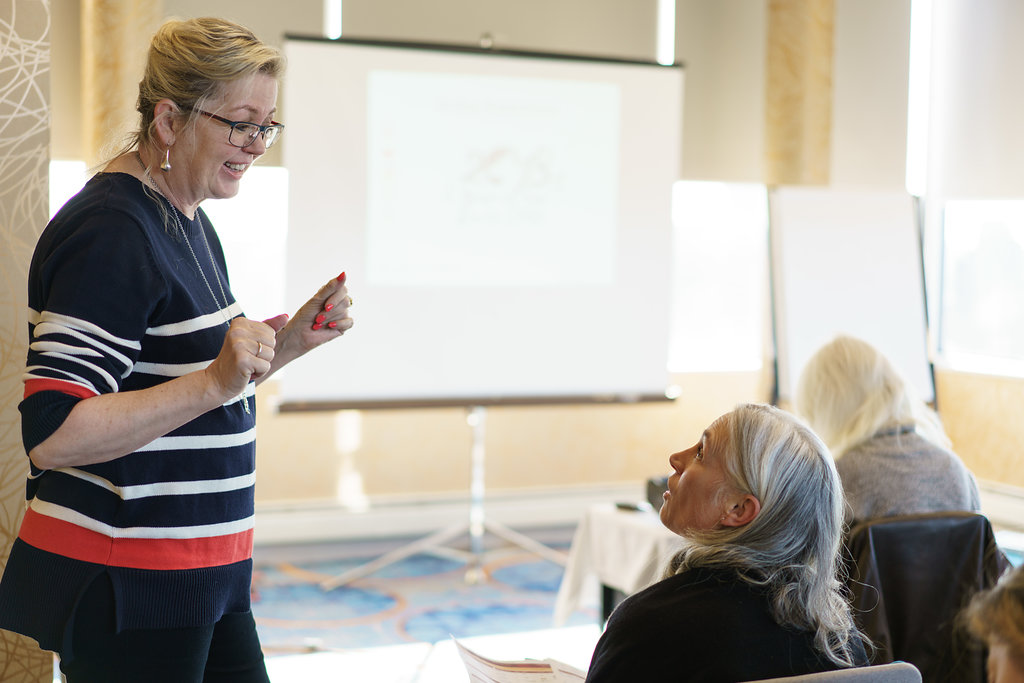The Province – Feng Shui for the Market
THE PROVINCE NEWSPAPER – Feng Shui for the Market
For a quicker sale, or for wealth and happiness in your new home. Larissa Cahute interviews Marlyna Los about how developers can improve sales by using Feng Shui before building.
WATCH the news story HERE
THE PROVINCE NEWSPAPER – Full Article
Don’t ask yourself how many square feet you need in your new home; instead ask: “What is it you want to bring into your life?”
“Is it more money, or is it a relationship, or is it peace?”
These are questions Vancouver Feng Shui consultant Marlyna Los first asks her clients looking for the perfect home.
But no matter how many times you move your couch around you may never achieve the opportunities that come with the perfect feng shui.
“In North America there’s a lot of misconceptions about what feng shui really is,” said Los. “Traditionally in China, 70 per cent of feng shui is determined by the outside.”
“And [Vancouver’s] had so many Asian residents — it’s huge.”
According to Los, the city attracts its flux of Asian immigrants because the land itself boasts all the ingredients for good feng shui — “mountains and water.”
So Los said it’s about time Vancouver developers implement feng shui at the blueprint stage, if they want the Asian market to invest in the properties.
“Most Asians will have either some knowledge of feng shui or will have a feng shui consultant that they bring with them before they invest,” said Los. “So it would be smart on [the developer’s] part that the way that they’ve . . . laid out the building or the doors conform to basic feng shui principles so that they’re able to tap into that market.”
Gavin McLeod of Vancouver’s Averra Developments is already onto the trend and hired Los to work on a development in the Dunbar area.
“The Chinese are people that are coming over and spending that type of money — you don’t want to exclude them as a potential buyer,” said McLeod. “We’ve been aware of feng shui, but this one we just wanted to make sure we had the qi flowing.”
So Los came in and revamped the blueprints.
Better to have the qi flowing from the get-go.
According to Los, the key three points of feng shui in a house are the main door, the kitchen — specifically, the stove placement — and the master bedroom. “If those three don’t line up a lot of Asian people wouldn’t look further at the house.”
And it’s all based on calculated formulas or the principles of yin and yang.
To begin, since feng shui usually dictates the home should be placed on an angle, the main door of the home is positioned according to a compass degree and usually favours the south.
“South particularly because qi comes from light, so when you have a front door that’s in sunlight . . . automatically you’re bringing positive energy into the house,” said Los.
The front door should also never be in line with the back door.
“You would be hard-pressed to have a Chinese person buy a house where you can see the back door from the front door,” said Los. “They think all the energy comes in and goes right out the back door.”
In the kitchen, the stove should be placed on an outside wall — or if you’re really into it, it’s calculated according to the owner’s birthday.
And the master bedroom needs to place the bed along a solid wall and the room can’t have too many doors.
That’s only the tip of the feng shui iceberg – a home with good qi is also divided into quadrants according to different family members.
All in all, feng shui is goal specific, said Los. Asian belief is that our lives are affected equally by three factors: our home, our actions and what we’re born with.
“So the feng shui becomes quite important if it’s a 30 per cent influence on your life,” said Los.
“They are all choosing their homes and places where they live and work based on [this] knowledge.”
The benefits — or negative results — extend to anyone who lives in the space, says Los.
“We all know businesses that have gone bankrupt and the next business that goes in there goes bankrupt and the next — well, there’s something about the feng shui of that place that keeps on affecting the people that are there.”
So when looking for a home, Los suggests asking what happened to its previous dwellers.
“If the people that were there before went bankrupt and divorced — run. Don’t buy it, don’t move in,” she said. “The energy there doesn’t support the people.”
————————————
Feng Shui Basics: What to avoid
- A front door too close to the street
- A front door directly in line with the back door
- Something obstructing the front door, like a tree or telephone pole
- A stove directly opposite a door
- Slanted or uneven ceilings in the bedroom
lcahute@theprovince.com
twitter.com/larissacahute





